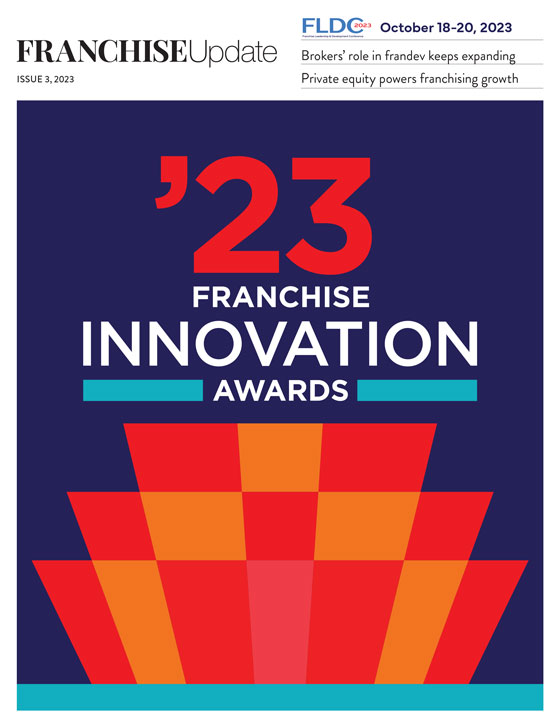4 Key Components of a Crisis Communication Plan

We asked Bob Schindler, Vice President of Marketing at Window World, “What are the key parts of your crisis communication plan, and how do you implement them?”
In today’s competitive business landscape, crises are an inevitable occurrence that can catch us off guard. However, by adopting a proactive approach rooted in ethical and responsible conduct, effective PR crisis management can be achieved. By placing a strong emphasis on ethical behavior, organizations can cultivate trust and resilience, establishing a solid groundwork to effectively tackle any unexpected challenges that may emerge.
At Window World, we exemplify this philosophy by upholding strong ethical practices and maintaining an upright reputation, minimizing the likelihood of requiring an elaborate crisis management strategy. Along with the expertise of an external public relations firm, the following multifaceted approach maximizes our ability to protect our brand, support our franchisees, and build trust with customers.
Business ethics. Proactively prioritize ethical conduct and responsibility within your organization. By making ethical behavior a cornerstone of our business operations, we minimize the likelihood of crises and establish a solid foundation for effective crisis management if the need arises.
Preparedness. Working hand-in-hand with our PR partner, we conduct regular risk assessments and develop contingency plans. Their guidance and insights enable us to anticipate potential crises and develop comprehensive response strategies.
Rapid response. Time is of the essence. Making a quick and confident announcement to the media and your franchise ownership network is key. By stepping up and sharing what you know quickly, you shut down the rumor mill. Our external PR firm also plays a pivotal role in coordinating our response efforts. With their assistance, we craft clear and consistent messaging that addresses concerns head-on.
Continuous evaluation and improvement. After a crisis, dive deep into analysis mode. Dissect your response, examining every move you made. It’s all about learning from the past and using those lessons to level up your future protocols. This ongoing evaluation and improvement process, especially when guided by a strong public relations partner, ensures that our strategies remain effective, adaptive, and aligned with industry best practices.
One final thought: By prioritizing ethical conduct and implementing these strategies, organizations can establish themselves as leaders in crisis management, fostering resilience and trust in an ever-evolving business environment. While having a solid crisis communication plan is essential, let’s all aim for something even better—rarely needing to use it! At Window World, we’re all about implementing a stellar code of conduct across our franchise organization to keep potential crises at bay.
Share this Feature
Recommended Reading:
FRANCHISE TOPICS
- Multi-Unit Franchising
- Get Started in Franchising
- Franchise Growth
- Franchise Operations
- Open New Units
- Franchise Leadership
- Franchise Marketing
- Technology
- Franchise Law
- Franchise Awards
- Franchise Rankings
- Franchise Trends
- Franchise Development
- Featured Franchise Stories
FEATURED IN

Franchise Update Magazine: Issue 3, 2023








 The franchise listed above are not related to or endorsed by Franchise Update or Franchise Update Media Group. We are not engaged in, supporting, or endorsing any specific franchise, business opportunity, company or individual. No statement in this site is to be construed as a recommendation. We encourage prospective franchise buyers to perform extensive due diligence when considering a franchise opportunity.
The franchise listed above are not related to or endorsed by Franchise Update or Franchise Update Media Group. We are not engaged in, supporting, or endorsing any specific franchise, business opportunity, company or individual. No statement in this site is to be construed as a recommendation. We encourage prospective franchise buyers to perform extensive due diligence when considering a franchise opportunity.